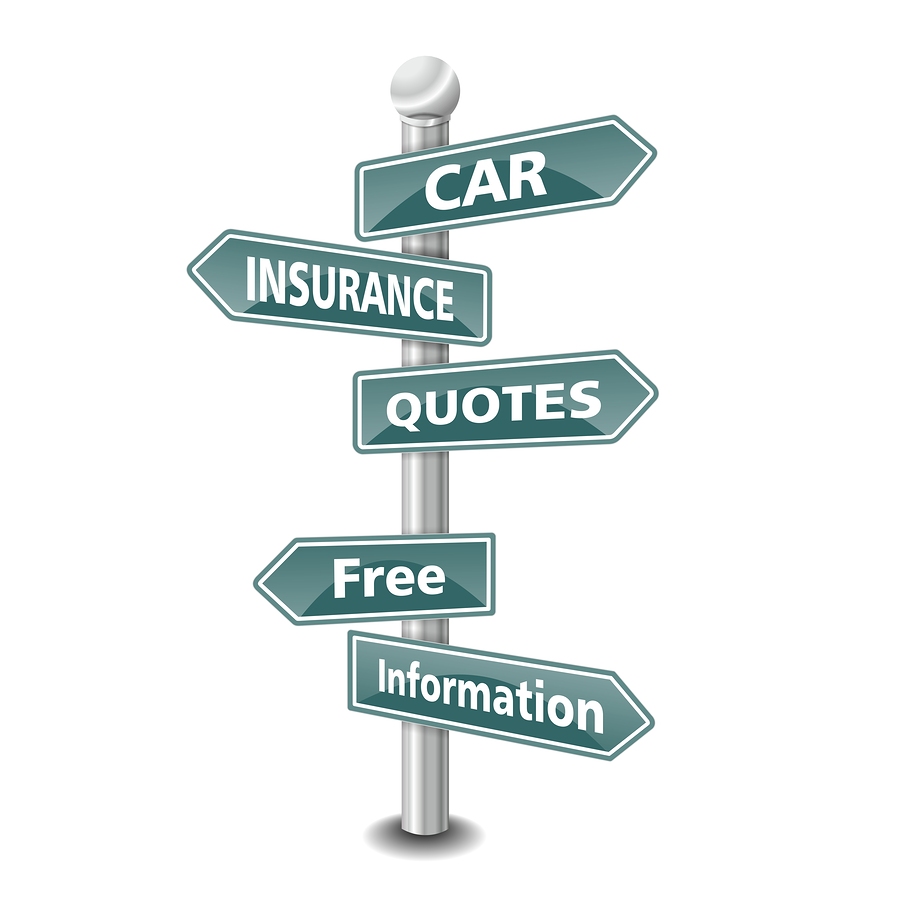
Protecting your home and vehicle is a top priority, and having the right insurance coverage is essential for safeguarding your financial well-being. Homeowners insurance and auto insurance offer crucial protection against unexpected events, such as accidents, theft, and natural disasters. But with so many options available, navigating the world of insurance can be confusing. This article will offer a thorough overview of homeowners insurance and auto insurance, helping you understand the key ideas, compare insurance quotes, and make informed decisions to protect your assets.
Understanding Homeowners Insurance: Protecting Your Castle
Your home is likely your most valuable asset, and homeowners insurance is designed to protect it from a wide scope of perils. This type of insurance typically covers damage from fire, wind, hail, theft, vandalism, and certain types of water damage. It also offers liability coverage if someone is injured on your property. When shopping for homeowners insurance, consider these key factors:
- Coverage Amount: Ensure your policy covers the full replacement cost of your home and personal belongings.
- Deductible: This is the amount you’ll pay out-of-pocket before your insurance coverage kicks in. A higher deductible usually means a lower premium, but make sure you can comfortably afford the deductible if you need to file a claim.
- Policy Type: Common types include HO-3 (covers your home and belongings for all perils except those specifically excluded) and HO-5 (offers broader coverage for your home and belongings).
Decoding Auto Insurance: Shielding Yourself on the Road
Auto insurance is essential for protecting yourself financially if you’re involved in a car accident. It can cover damage to your vehicle, medical expenses for yourself and others, and liability if you’re at fault in an accident. Here’s a breakdown of common auto insurance coverage types:
- Liability Coverage: Pays for damages and injuries you cause to others in an accident.
- Collision Coverage: Covers damage to your vehicle outcomeing from a collision with another object or vehicle.
- thorough Coverage: Protects your vehicle from damage caused by events other than collisions, such as theft, vandalism, fire, or natural disasters.
- Uninsured/Underinsured Motorist Coverage: Covers your expenses if you’re hit by a driver who doesn’t have insurance or doesn’t have enough insurance to cover your damages.
Related Post : auto home owners insurance quote
The Importance of Comparing Insurance Quotes
Never settle for the first insurance quote you receive! Comparing insurance quotes from multiple companies is crucial for finding the optimal coverage at the most rival price. Insurance rates can vary significantly based on factors such as your location, driving history, credit score, and the type of coverage you need. Online tools and independent insurance agents can help you gather and compare quotes from varied insurers. Remember to compare not only the price but also the coverage limits, deductibles, and policy terms.
Factors Affecting Homeowners Insurance and Auto Insurance Rates
Several factors can influence the cost of your homeowners insurance and auto insurance premiums. Understanding these factors can help you make informed decisions and potentially lower your rates:
- Location: Areas with higher crime rates or a greater risk of natural disasters typically have higher insurance rates.
- Credit Score: Insurers often use credit scores to assess risk. A good credit score can lead to lower premiums.
- Driving History: A clean driving record with no accidents or tickets will generally outcome in lower auto insurance rates.
- Home attributes: The age, construction type, and safety attributes of your home can affect your homeowners insurance rates.
- Coverage Limits and Deductibles: Higher coverage limits and lower deductibles will typically outcome in higher premiums.
Tips for Saving Money on Insurance
While insurance is a necessary expense, there are several ways to save money on your premiums:
- Bundle Your Policies: Many insurers offer discounts if you bundle your homeowners insurance and auto insurance policies.
- boost Your Deductibles: A higher deductible can significantly lower your premiums, but make sure you can afford to pay the deductible if you need to file a claim.
- Improve Your Credit Score: A good credit score can lead to lower insurance rates.
- Shop Around Regularly: Insurance rates can change over time, so it’s a good idea to compare quotes from varied companies every few years to ensure you’re getting the optimal deal.
- Ask About Discounts: Inquire about available discounts, such as discounts for being a safe driver, having security systems in your home, or being a member of certain organizations.
Navigating the world of insurance can feel overwhelming, but understanding the basics of homeowners insurance and auto insurance is crucial for protecting your assets and financial well-being. By taking the time to study your options, compare insurance quotes, and select the right coverage, you can gain peace of mind knowing you’re prepared for whatever life throws your way. Don’t wait until it’s too late – start exploring your home insurance and auto insurance options today!

